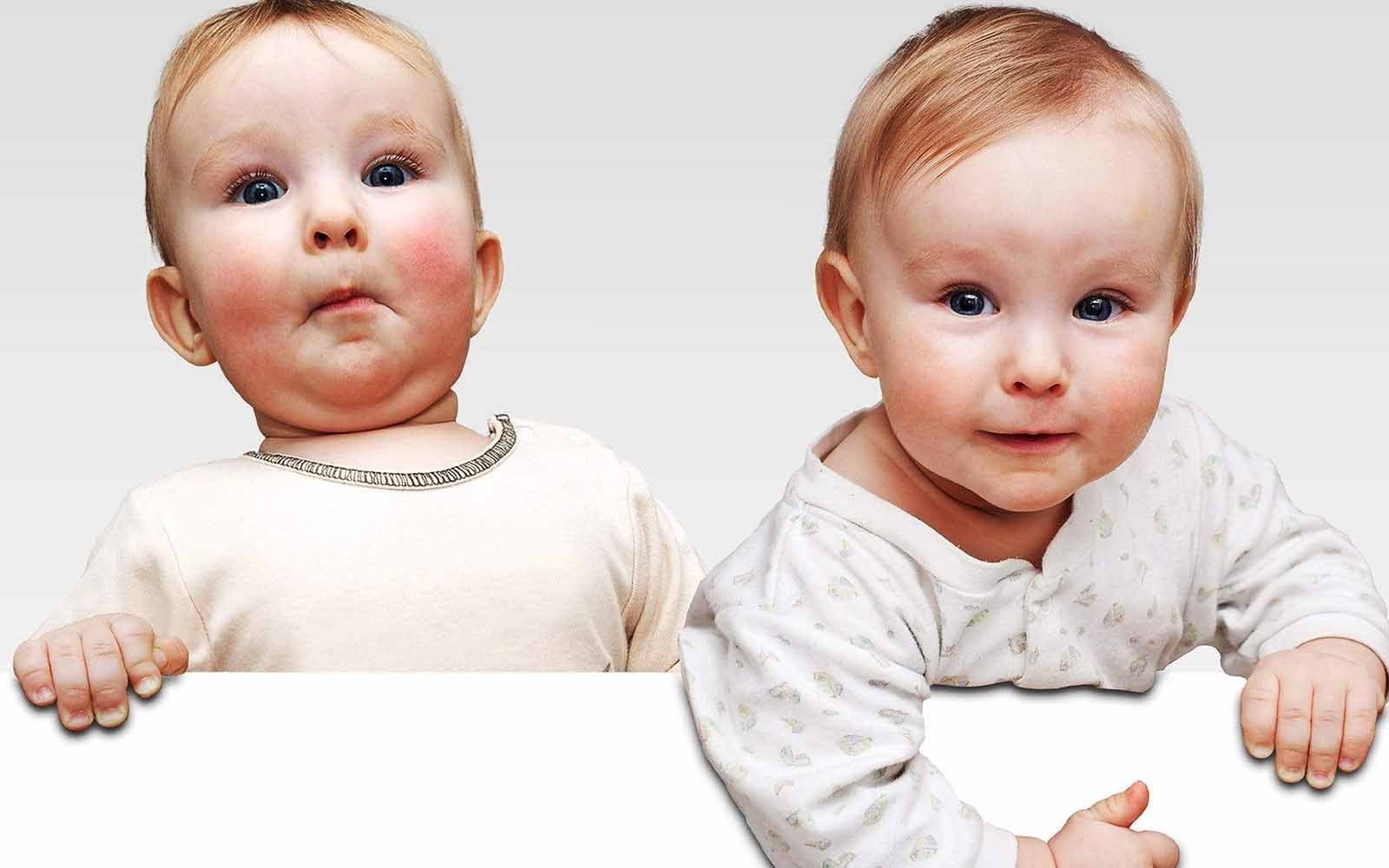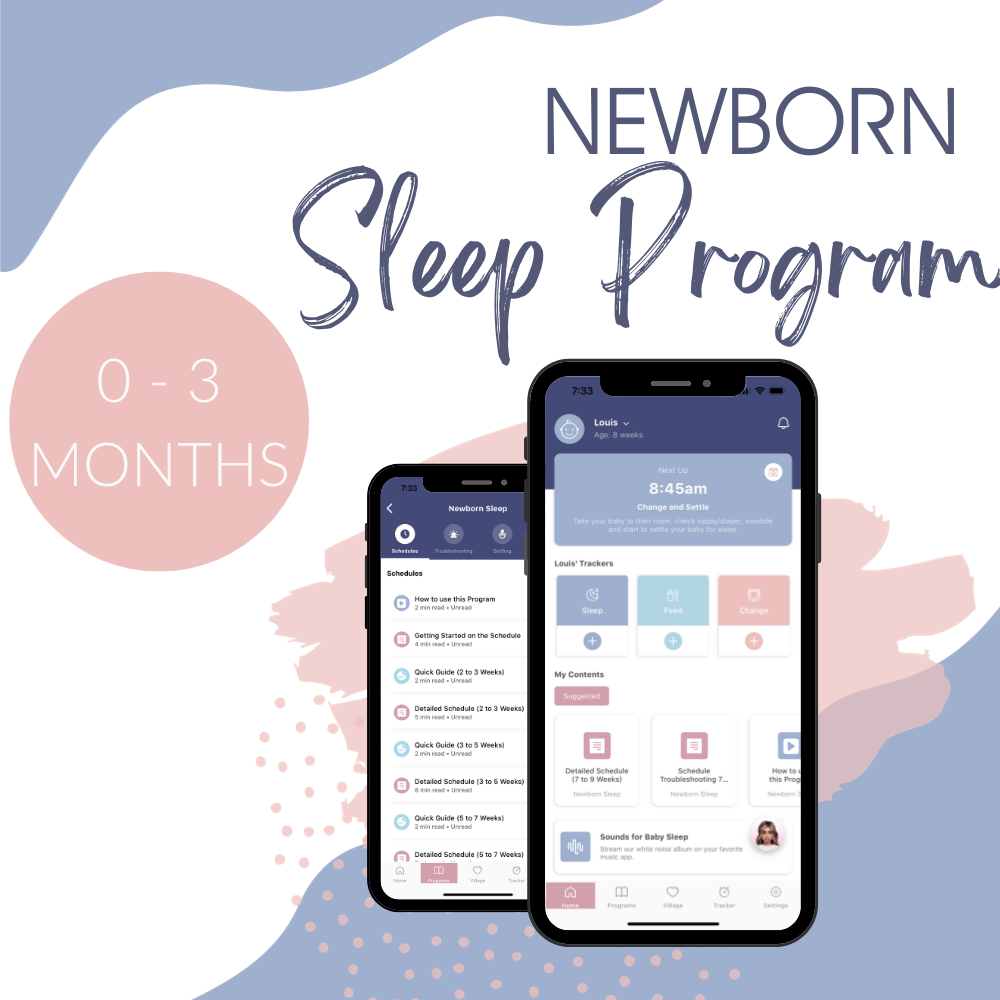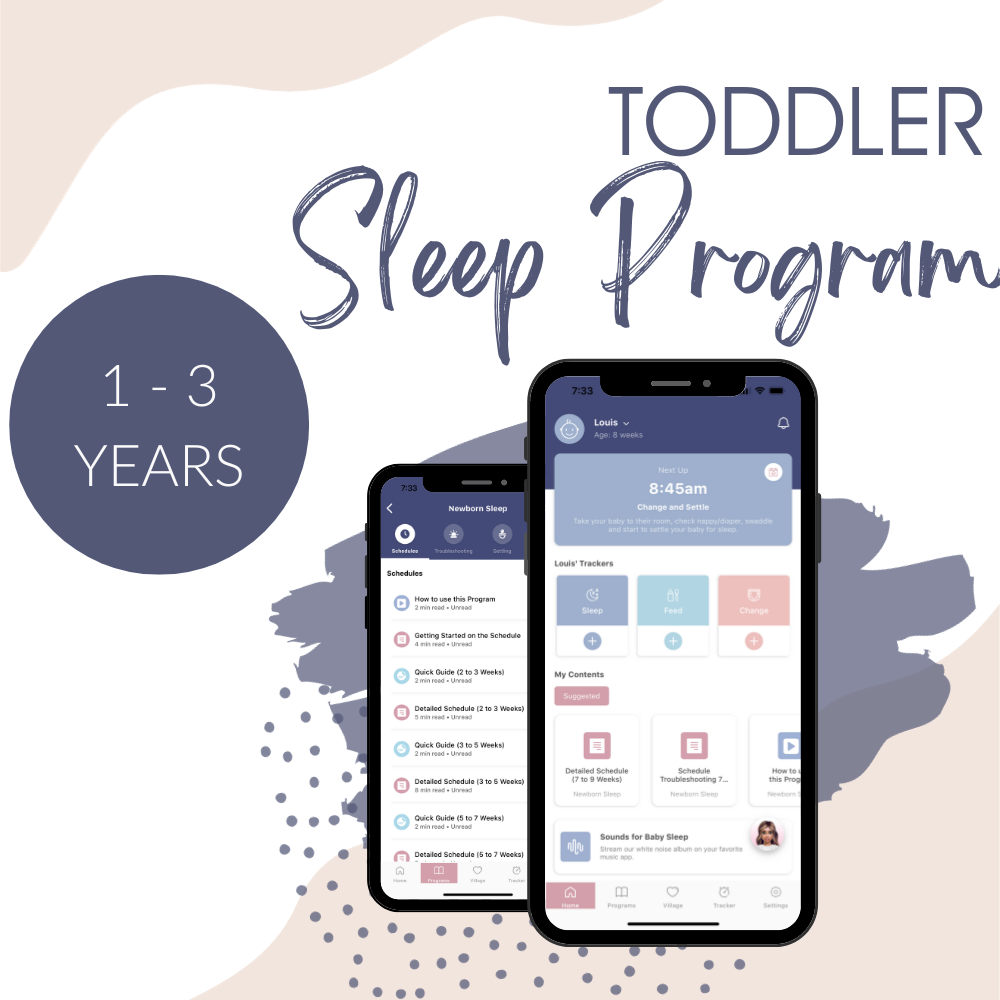
Why 'every baby is different' is a bandaid statement...
We hear it all the time. You will have heard it too - you may even have said it: "every baby is different". Usually this well-meaning sentence is spoken to a mum who is asking for some advice or admitting she is struggling with her baby's sleep or unsettled behaviour.
The thing is, it's not necessarily true. And this small cliche sentence can actually cause more harm than good.
In this article:
- Your baby's biological needs
- Your baby's temperament
- The big picture
Yes, I want more sleep!
If you need a helping hand with tackling your baby’s sleep, then check out our Pediatrician-recommended App.
Join Now
Your baby's biological needs
Babies have different hair colour, skin colour, head size, lengths, but ALL babies have the exact same basic primal needs - the need for food/milk and the need for sleep. In this sense, all babies are the same, not different.
No matter what your baby's temperament or social conditions, they have the same sleeping and feeding needs as any other baby their age. There is no way one 3 month old baby needs 5 hours of sleep a day, while another 3 month old only needs 2 hours. In fact, the younger the baby, the more similar they actually are as their primal needs govern them so strongly.
As babies get older and their developmental stages are more noticeable though, their sleep needs do start to differ - to an extent. For example, one toddler might be ready to drop their daytime nap at 2.5 years old, while another toddler is closer to 3.5 years of age.
Accepting your baby's poor sleep simply because "every baby is different" isn't going to help them get the sleep they biologically need and may actually be masking an underlying sleep, feeding or health issue.
Your baby's temperament
Temperament is the thing that controls your baby's behaviour. Until they're older, a baby's temperament is a very unconscious, instinctual thing - they aren't consciously in control of their behaviour.
Temperament is really the only main point of difference from one baby to another at a young age. And temperament has very little effect on their sleep or feeding needs. Instead, it governs things like their mood while they're awake; whether they have to cry a little before bedtime to wind down, whether they like lots of stimulation or are happy to just chill out. All of these things happen in their waking hours and are what make our babies unique.
Temperament does not impact a baby's sleep needs, so blaming a baby's poor sleep on their temperament or the fact that they are a very "alert" baby, is putting a bandaid on the real cause of that baby's sleep difficulties.
However, you can definitely work with your baby's temperament to improve their sleep. For example, if you do have a very active or alert baby, things like having more wind down time before naps, or a less stimulating room or bedtime routine, are ways to help your baby "switch off" and fall asleep.
Say goodbye to sleepless nights.
Join over 300,000 families worldwide who are enjoying excellent sleep with our Sleep Programs, created by experts in the field of pediatric sleep.
Buy Now
The big picture
Telling a new mum that her 6 week old baby's unsettled behaviour and constant waking is because "every baby is different" is not actually addressing what might be going on to cause that behaviour. Not to mention, it's the last thing she wants to hear when she's sleep deprived and asking for help!
There is always a reason why babies cry or are unsettled. And by first making sure that a baby's sleeping and feeding requirements are met, it makes it easier to discover exactly what that reason is.
We don't accept the excuse that "every baby is different" when it comes to sleep and feeding. If given the chance to feed and sleep at the optimum times/lengths and in the right conditions, all babies are actually remarkably similar. Any difference or deviation from this is very often a symptom of something else going on. More often than not, it is simply a matter of tweaking their feed and nap times.
Dismissing unsettled behaviour or poor sleep as babies merely being "different" can often mask a real issue going on, which won't be fixed with a bandaid. We have worked with hundreds of thousands of families and along the way, have helped to uncover underlying issues affecting their baby's feeding and sleep like reflux, tongue ties and food allergies/intolerances.
So, when it comes to temperament and behaviour, yes, all babies are different. But when it comes to their feeding and sleeping needs, most babies are, incredibly, the same.
If your baby is doing something out of the ordinary like catnapping, early waking or not settling well, there is always a reason and we're here to help you figure out what that reason is! Our certified sleep consultants are available to chat to, day or night, in our Little Ones App.
---------------
Bibliography
Burnham, Melissa M et al. “Nighttime sleep-wake patterns and self-soothing from birth to one year of age: a longitudinal intervention study.” Journal of child psychology and psychiatry, and allied disciplines vol. 43,6 (2002): 713-25. doi:10.1111/1469-7610.00076
Rybak, Anna et al. “Gastro-Esophageal Reflux in Children.” International journal of molecular sciences vol. 18,8 1671. 1 Aug. 2017, doi:10.3390/ijms18081671
Abulizi, Xian et al. “Temperament in infancy and behavioral and emotional problems at age 5.5: The EDEN mother-child cohort.” PloS one vol. 12,2 e0171971. 15 Feb. 2017, doi:10.1371/journal.pone.0171971





